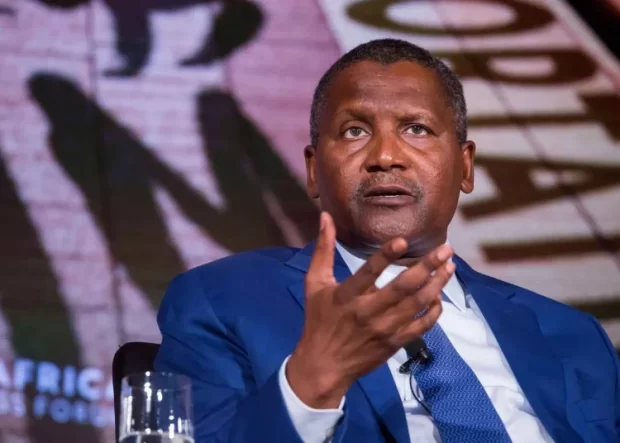
The Colonial Chains: CFA Franc and Exploitation
For decades, Burkina Faso’s gold-rich soil bled wealth into French coffers. As part of the CFA franc zone, 50% of its exports were siphoned to France, leaving one of the world’s poorest nations trapped in dependency. Children mined gold for foreign profit, while structural adjustment programs (SAPs) imposed by the IMF and World Bank privatized resources, slashed public spending, and prioritized raw material exports—a cycle dubbed “Colonial Economy 2.0.”
Ibrahim Traoré: The Military Captain Who Rewrote the Rules
In 2022, 34-year-old military captain Ibrahim Traoré seized power amid crises. Rejecting a 76,000presidentialsalary,hekepthis76,000presidentialsalary,hekepthis583/month captain’s pay, signaling a philosophy of “leadership through service, not extraction.” His bold moves:
- Nationalized Gold Mines: Ended foreign control, built Burkina Faso’s first gold refinery (150 tons/year), and banned raw gold exports.
- Rejected IMF Loans: Avoided debt traps by prioritizing self-reliance and curbing corruption.
- Infrastructure Revolution: Purchased 900+ construction vehicles, trained youth, and pledged 3,000–5,000 km of roads/year—10x faster than pre-2022 progress.
Results in Two Years:
- GDP surged from 18.8Bto18.8Bto22B.
- National debt repaid.
- Farmers, students, and businesses gained access to roads, markets, and healthcare.
Traoré’s Blueprint: Sovereignty Over Submission
Traoré’s model flips Western-prescribed economics:
- Food Sovereignty: Distributed tractors, seeds, and built processing plants to reduce import reliance.
- Cultural Reclamation: Banned colonial wigs in courts, embracing traditional “faso danfani” attire to uplift local artisans.
- Psychological Liberation: “True independence requires economic AND mental freedom,” Traoré asserted, challenging the myth that “foreign is better.”
Challenges and Risks
Traoré’s defiance hasn’t been without hurdles:
- Security Threats: Jihadist violence persists.
- Global Pushback: Western powers and institutions resist his sovereignty-first model.
- Execution Risks: Nationalized industries must avoid inefficiency; technical partnerships remain critical.
Yet, Traoré’s success offers a radical alternative to SAPs: control resources, invest locally, and prioritize citizens over foreign interests.
A New Dawn for Africa?
Traoré’s playbook challenges a 40-year status quo. As he declares, “Africa has the resources; what’s missing is courage.” If replicated, his model could ignite a continental shift from extraction to empowerment—proving that sovereignty, not charity, fuels development.
CTA: Inspired by Traoré’s vision? Share this story and join the conversation on African economic liberation. Subscribe for more untold narratives of global defiance.










Be the first to leave a comment